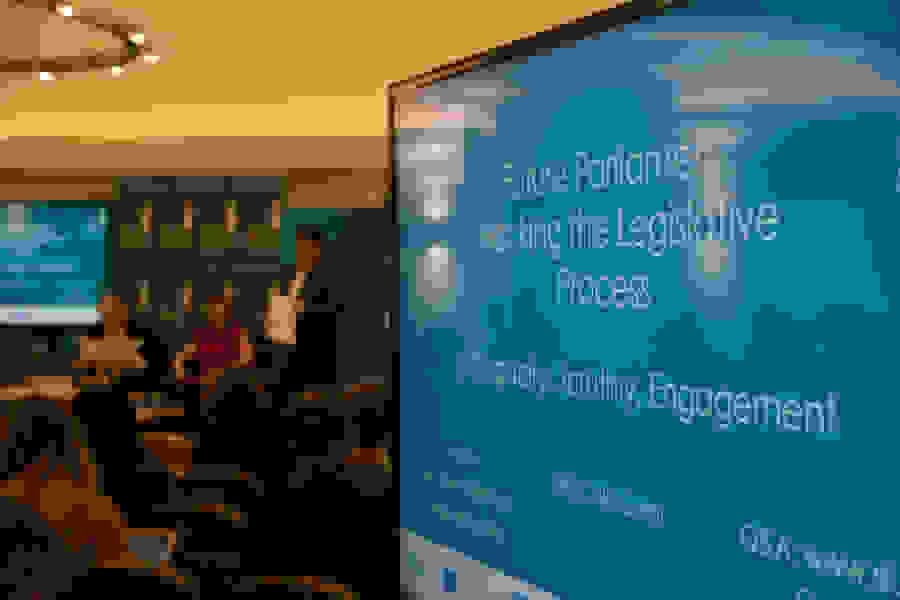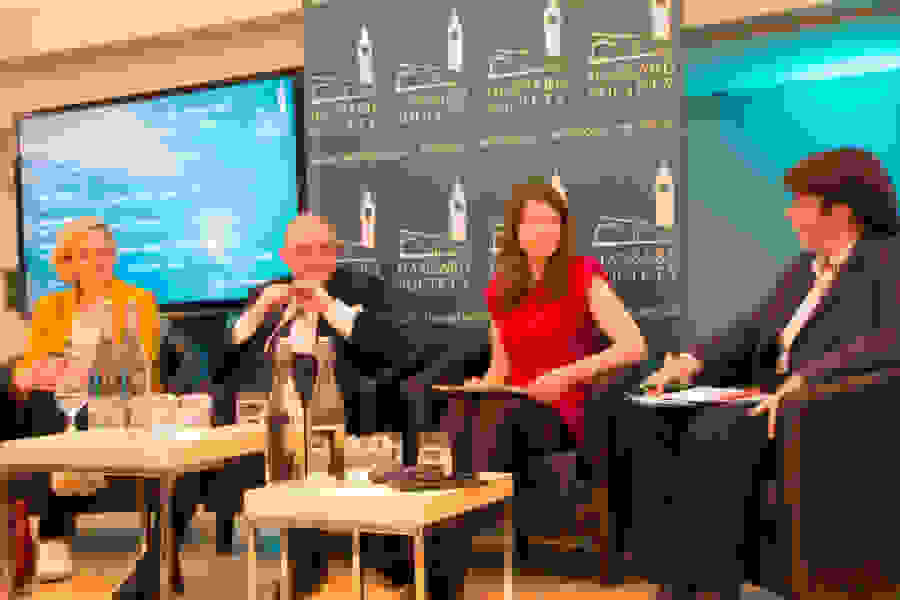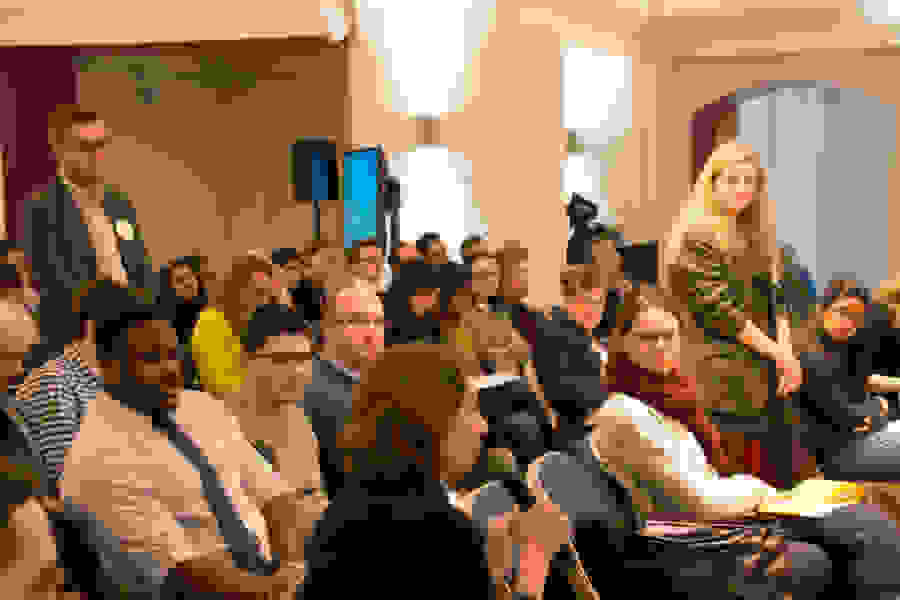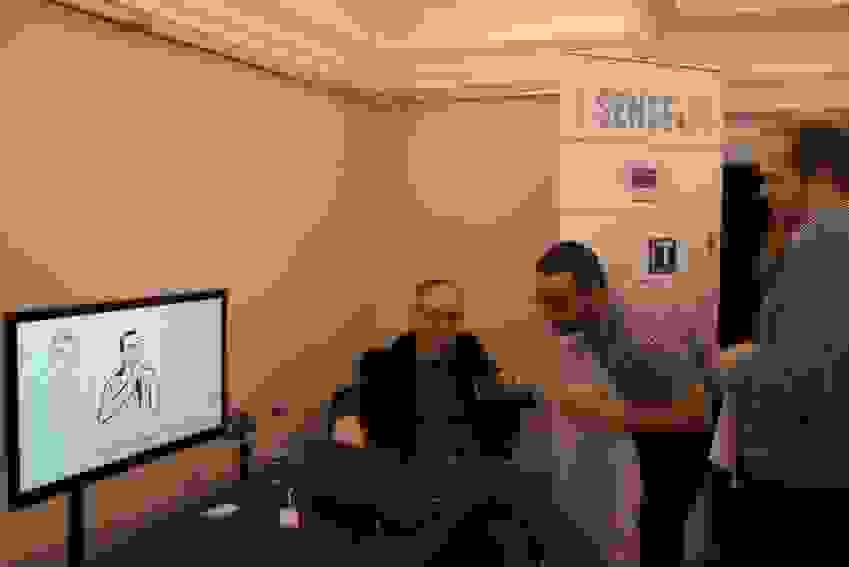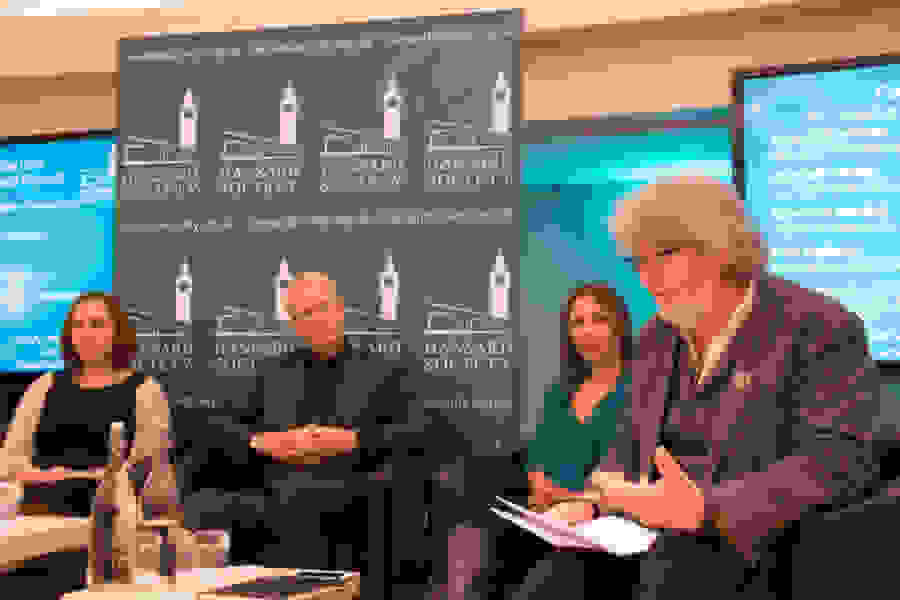News / Parliament Matters Bulletin: What’s coming up in Parliament this week? 23-27 February 2026
MPs will debate the fourth anniversary of Russia’s invasion of Ukraine; changes to the Charter for Budget Responsibility; student loan repayments; support for bereaved children; and St David’s Day. They will also consider the Armed Forces Bill, the Industry and Exports (Financial Assistance) Bill, and the Cyber Security and Resilience (Network and Information Systems) Bill. Cabinet Ministers Steve Reed, Wes Streeting, Douglas Alexander, and Lisa Nandy face departmental questions. In the Lords, Peers will scrutinise the Tobacco and Vapes Bill, the Crime and Policing Bill, and the National Insurance Contributions Bill, alongside debates on UK–EU relations and transnational repression. Select Committees will question the Bank of England Governor, former OBR chairs, standards regulators, and Ministers, including an inquiry into trade sanctions.


